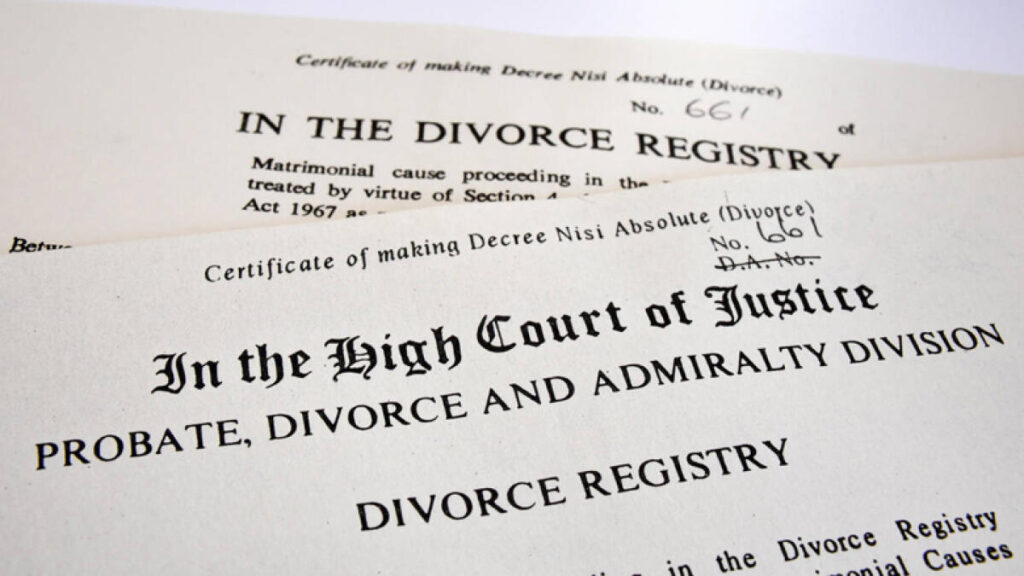Divorce and child custody cases are emotionally charged and complex legal matters that affect families across the globe. In the United Arab Emirates (UAE), the legal framework governing these issues is firmly rooted in Islamic law. Understanding the UAE’s divorce and child custody laws is essential for both residents and expatriates living in this culturally diverse nation. In this blog post, we will provide insights into the UAE’s divorce and child custody laws and offer legal guidance for those navigating these sensitive situations.
Although divorces and custody battles can be messy, the comprehensive laws in the UAE attempt to address various scenarios, with a central focus on the child’s best interests. For instance, Article 156 of the Federal Law No. 28 of 2005, known as the UAE Personal Status Law, lays down important provisions regarding child custody. It states that the mother is typically granted custody until a boy reaches 11 years of age or a girl reaches 13 years of age.
In addition to Article 156, several other articles within the UAE Personal Status Law are pivotal in shaping divorce and child custody matters:
Article 148: Outlines the legal requirements and procedures for divorce, including grounds and necessary documentation.
Article142: Deals with the role of reconciliation committees in divorce cases, emphasising the importance of reconciliation attempts before proceeding to court.
Article 143: Provides guidance on the responsibilities of the divorcing parties regarding financial support during the waiting period (Iddah).
Article 144: Addresses issues related to the distribution of shared property and assets during divorce.
Article 145: Discusses the importance of maintaining the confidentiality of divorce proceedings to protect the parties involved.
Legal Guidance
– Seek Legal Counsel: When faced with divorce or child custody issues in the UAE, it is highly recommended to consult with an experienced family lawyer who is well-versed in UAE family law. They can provide invaluable guidance tailored to your specific circumstances.
– Mediation: Consider mediation as an alternative to resolve disputes amicably. Mediation can facilitate open communication and help reach agreements without resorting to adversarial litigation.
– Documentation: Ensure all necessary documents, such as marriage certificates, divorce papers, and court orders, are organized and readily available.
– Child’s Best Interests: Remember that the UAE’s legal system prioritizes the child’s well-being. Act in a manner that demonstrates your ability to provide a stable and loving environment for the child.
While divorce and child custody issues in the UAE can be challenging, the comprehensive legal framework aims to provide a structured approach. It is essential to centre these discussions on what is best for the child, in alignment with the provisions set out in the UAE Personal Status Law. For a free consultation on how to navigate child custody matters in the UAE, please don’t hesitate to reach out to us.




